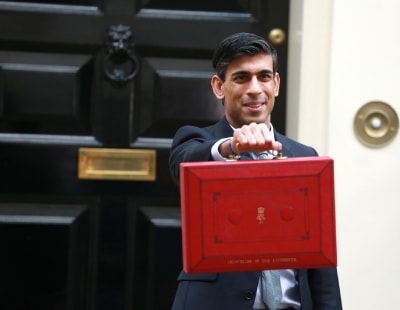
Today sees the government’s Spending Review, with Chancellor Rishi Sunak taking centre stage as he presents a 12 month spending plan to MPs.
Although traditionally such spending reviews are not opportunities to change taxes – that’s reserved for the annual Budget, which is not scheduled until next year – there has nonetheless been widespread speculation about possible reform of the Capital Gains Tax system.
Now industry commentator and property management company owner David Alexander is calling on Sunak not to tackle CGT, which could risk “unmprecedented negative impact” on not just the rental sector but the wider housing market.
A recent report commissioned by Sunak advocated CGT rises to match income tax rates.
Alexander argues that for investors, given their additional stamp duty costs, such a CGT change would effectively deter future purchases.
“While the Spending Review is not the time when the Chancellor will announce any tax hikes it is clear from the Treasury’s messaging over the last week that increases are coming next year” he says.
“CGT seems set to be top of the list for substantial increases and there is little doubt that landlords, second home owners and property investors are firmly in Rishi Sunak’s sights. He sees this as an easy target politically and financially. Unlike many other assets property can’t hide and as CGT affects a relatively small part of the population it looks like an easy fix for the enormous debt accrued during the pandemic.”
Alexander is warning that if Sunak widens the take and breadth of CGT the number of people liable will rise and landlords with one or a small number of properties will be drawn into the tax.
“The targeting of the tax may have unintended consequences. Equally he will understand that simply increasing a tax by a certain percentage rarely results in a directly comparable increase in revenues. The larger institutional investors will always have the option of shifting their investments elsewhere either geographically or into a different asset class resulting in a lower tax take” he warns.
Alexander says larger investors may be able to absorb the changes, or use their accountants to minimise the disadvantage, but that would not apply to smaller scale investors who have purchased one or two buy to lets.
And he warns: “A property used to shore up retirement funds, or care home fees, could suddenly be hit by a tax which is imposed with little warning, on a sector that is exposed, at a time when the market is potentially fragile.”
